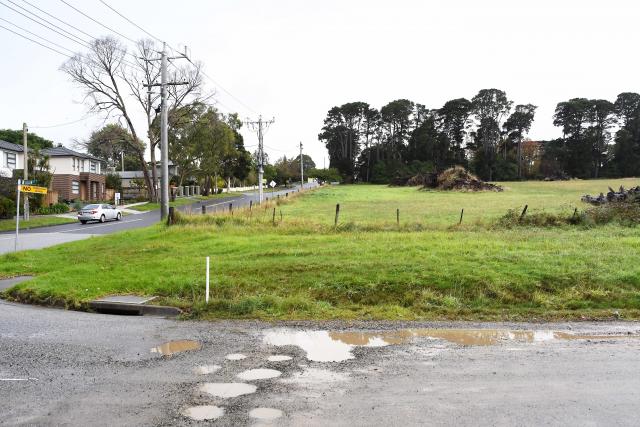Victorians are at risk of developing foodborne illnesses as some local councils, including Casey, are failing to properly inspect food premises.
A recent audit found the cities of Casey, Greater Geelong, Kingston, Manningham and the Hepburn Shire Council are not complying with their legislative responsibilities to enforce food safety and protect public health.
A damning report by the Auditor-General’s office released on Tuesday also shows public health officials are failing to keep track of which councils are meeting food sampling obligations.
Under the Food Act, councils are responsible for the day-to-day regulation of most food premises across the state.
However, the five audited councils did not properly assess food premises from 2018 to 2022 and inspection ratings were inconsistent, the report shows.
Workforce shortages and the COVID-19 pandemic were blamed for their inability to perform all the necessary checks.
By law, council workers are required to reinspect non compliant food premises or those with complaints against them at least three months prior to registration renewal, which they failed to do.
The Department of Health was also kept in the dark and not properly informed due to councils failing to report essential data.
The audit shows public health officials don’t know which councils are meeting their food sampling obligations.
The department, which is required to provide information and guidance to local government environmental health officers, does not analyse statewide results to assess risks to public health.
An estimated 600 million people around the world fall ill after consuming contaminated food every year and about 420,000 of them die.
There are about 4.7 million cases of foodborne illness in Australia each year, which costs the community $2.4 billion.
In 2021, there were 61,870 registered food premises in Victoria.
The Auditor-General has made three recommendations to councils and seven to the health department, with the vast majority of these accepted.
They include greater collaboration between councils and the department, implementing performance measures and improving consistency in councils’ compliance ratings of food premises.

















